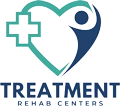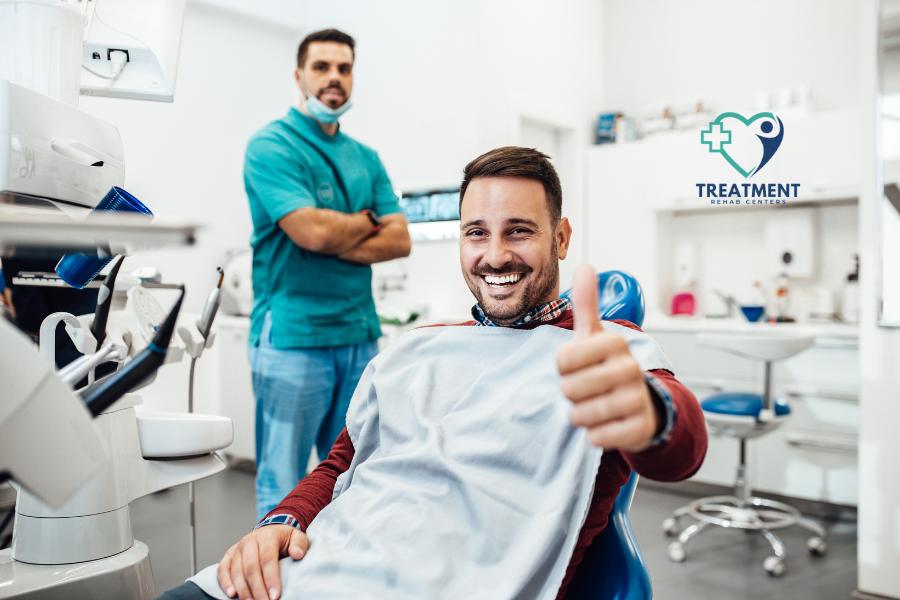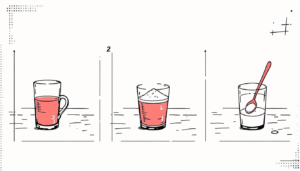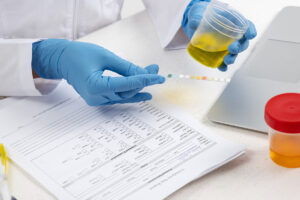Recovering from addiction is a tough journey that involves rebuilding many areas of life, including physical health, mental health, and self-esteem. For many in recovery, oral health is a big deal.
Substance use, including drug and alcohol use, can wreak havoc on dental health, causing tooth decay, gum disease, and tooth loss. For many in early recovery, dental care is often out of reach for those trying to get their smile back.
That’s where dental grants for recovering addicts come in. These programs provide financial help for individuals in recovery to get the dental care they need to get healthy and confident. Let’s dive in with our latest resource from TreatmentRehabCenters.org, and learn what dental grants are, how they work, and how to find them.
Resources on Dental Grants for Recovering Addicts
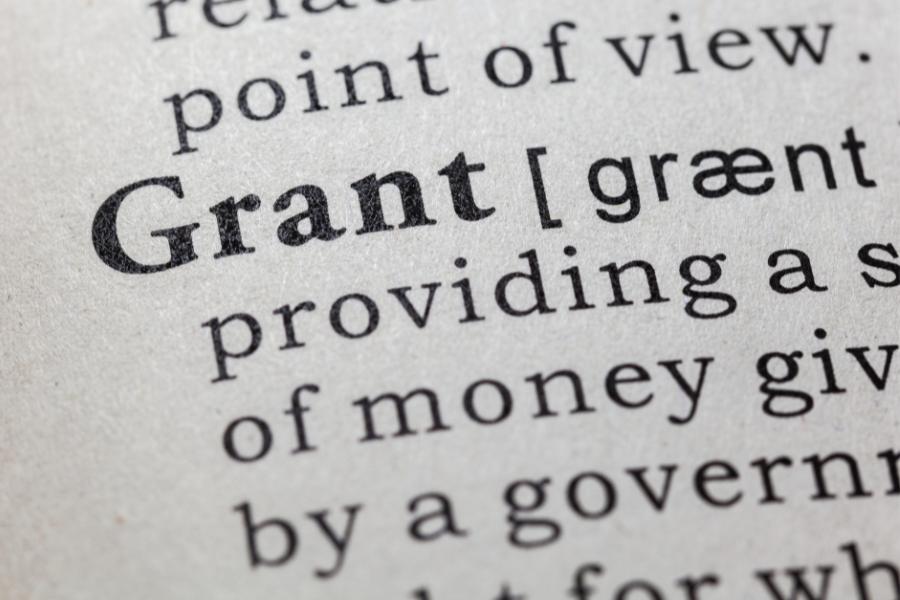
Nonprofit and Charitable Programs
Several non-profits and charities focus on providing dental care to underserved populations including recovering addicts.
These programs address severe dental issues caused by methamphetamine use such as ‘meth mouth’ which includes gum disease and rapid tooth loss. These programs often work with volunteer dentists and clinics to provide affordable or free services.
- Dental Lifeline Network: This national non-profit connects individuals in need with volunteer dentists who provide full care at no cost. Their Donated Dental Services (DDS) program is a great option for those in recovery.
- America’s Dentists Care Foundation (ADCF): ADCF works with local communities to host Mission of Mercy events, providing free dental care including cleanings, extractions, and fillings.
Government Programs
Government-funded dental assistance programs can also help recovering addicts get care. These programs provide essential dental treatment for individuals recovering from drug use to restore their oral health and self-esteem. While these programs vary by state they often include:
- Medicaid: Many states offer dental coverage for low-income adults through Medicaid. The extent of coverage varies by state but may include preventive care, extractions, and restorative treatment.
- State Specific Programs: Some states have their own dental assistance programs such as California’s Dental Cal or Massachusetts’ Health Safety Net.
Rehabilitation and Recovery Programs
Some addiction recovery centers and rehab programs include dental care as part of their services. They understand the connection between poor oral health and overall recovery and offer access to dentists as part of their holistic approach.
- Local Recovery Clinics: Check with recovery clinics in your area to see if they offer or can refer you to dental services.
- Faith-Based Organizations: Some faith-based recovery programs work with dentists to offer free or low-cost dental care to participants.
Dental Schools and Clinics
Dental schools and teaching clinics provide affordable dental care while students gain hands-on experience. These clinics are supervised by licensed professionals so you can be sure of quality care. Not exclusively for recovering addicts but a cost-effective way to address oral health needs.
Why Do Dental Grants Help?
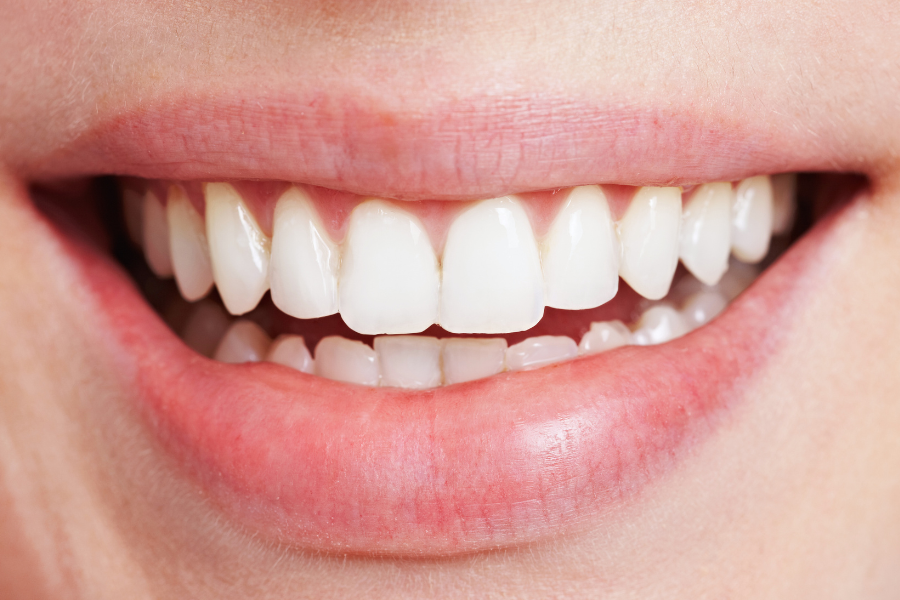
Dental grants are financial assistance programs to help people afford dental care. These grants are usually offered by non-profits, government agencies, or private foundations. They may not cover the full cost of dental procedures but can greatly reduce out-of-pocket costs making treatments more affordable.
For recovering addicts, dental grants are super powerful. They address oral health issues caused by substance use and cover essential dental work which is key to boosting self-esteem and long-term recovery.
A healthy smile can open doors to job opportunities, strengthen social connections, and improve the overall quality of life.
Why Oral Health Matters in Recovery
Oral health is often overlooked during addiction and recovery but it’s a big part of overall well-being. Substances like methamphetamines, alcohol, and opioids can wreak havoc on teeth and gums causing conditions like severe tooth decay often referred to as ‘meth mouth’ (though not always, or even consistently, due to the use of that specific drug).
- Severe tooth decay (often referred to as “meth mouth”)
- Gum disease
- Oral infections
- Tooth loss
Beyond the physical effects, poor oral health can also affect mental health and self-esteem. Many in recovery feel self-conscious about their appearance which can hinder their ability to re-enter society and rebuild relationships. Fixing dental issues gives you a fresh start physically and emotionally.
Challenges to Dental Health During Addiction
Addiction can have a big impact on oral health causing many dental challenges. Substance use can cause dry mouth, a condition that reduces saliva production and can lead to tooth decay, gum disease, and other oral health issues. Without enough saliva to wash away food particles and neutralize acids, teeth become more prone to decay and infection.
Poor oral hygiene habits are another common problem for those struggling with addiction. Not brushing and flossing regularly can exacerbate dental issues, allowing plaque to build up and cause cavities and gum disease. The high sugar content in many substances like alcohol and some drugs can contribute to tooth decay and other oral health issues.
The physical and emotional effects of addiction can make it hard for individuals to prioritize their oral health. The focus on getting and using substances often overshadows the importance of good oral hygiene. Limited access to dental care and resources can further compound dental challenges during addiction leaving many without the treatments to address their oral health issues.
How to Find Other Dental Care Grants
Finding dental care grants requires research and preparation. Start by researching available programs including government programs, non-profits, and community health centers that offer dental care grants for recovering addicts. These programs are designed to help those in need so you can get the care you need.
Review the eligibility and deadlines for each program to see if you qualify. Each grant has its own requirements such as proof of recovery, income verification, and medical and dental records. Having a strong application with all required documents can increase your chances of approval.
Reach out to support groups and family members for help in finding and applying for dental care grants. Support groups can provide information and resources while family members can offer emotional and practical support throughout the application process.
Use online resources like the Substance Abuse and Mental Health Services Administration (SAMHSA) website to find grants and programs that fit your needs.
By following these steps you can get the dental care grants you need to get your smile and confidence back and support your long-term recovery.
How to Apply for Dental Grants
Applying for dental grants can seem overwhelming but it’s often straightforward. Here’s a step-by-step guide to get started:
- Identify Your Needs: What type of dental care do you need? Basic cleanings, fillings, extractions, or advanced restorative procedures?
- Research Grant Opportunities: Look for programs in your area that serve recovering addicts or low-income individuals. Many organizations list their application criteria and process online.
- Gather Documents: Be prepared to provide documentation such as proof of recovery, income verification, and medical or dental records.
- Apply: Complete and submit applications to the programs that fit your needs. Follow all instructions and provide accurate information.
- Follow Up: After applying check in with the organization to confirm they received your application and what’s next.
How to Increase Your Chances of Getting a Grant
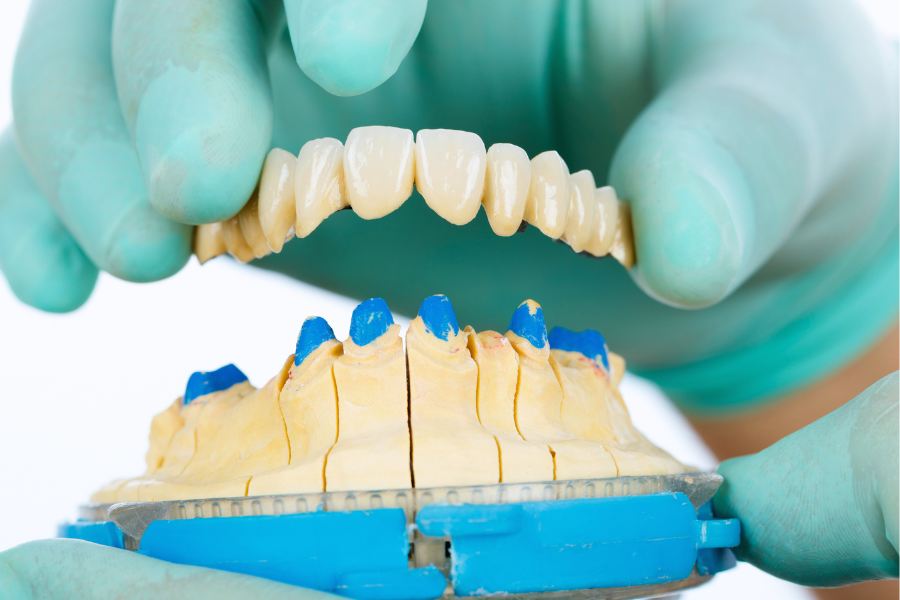
- Start Local: Many grants are local so start in your local area.
- Ask Around: Talk to your recovery counselor, social worker or community health organization for recommendations on dental grant programs.
- Don’t Give Up: If one program doesn’t work out don’t be discouraged. Keep looking until you find the right one.
Dental Care in Long-Term Recovery
Getting dental care is about more than just oral health—it’s a game changer in the recovery journey. A healthy smile can:
- Boost Confidence: Feeling good about yourself can help you achieve your personal and professional goals.
- Physical Health: Fixing dental issues can reduce pain, and prevent infections and overall well-being.
- Social Reconnection: A healthy smile can encourage people to be more open with others and build stronger relationships and connections.
Getting Your Teeth and Smile Back as a Recovery Goal
Dental health is often overlooked in recovery. For people in recovery from addiction, access to dental care can get you more than just a smile—it can get you confidence back, health back, and a brighter future.
Whether through nonprofit programs, government assistance, or local recovery initiatives dental grants are a lifeline for those who need them. If you or someone you know is in recovery and struggling with oral health issues start here and get help today.
Help is available and a new smile is within reach. We hope our resources have helped you feel confident in getting started today and finding dental grants in your area.
And remember, if you (or someone you love) need a firm foundation for getting clean and sober before your oral health can be addressed, we are here to help.
Call us confidentially now for treatment center placement support, and get started on a path to lasting clean and sober success, today!
